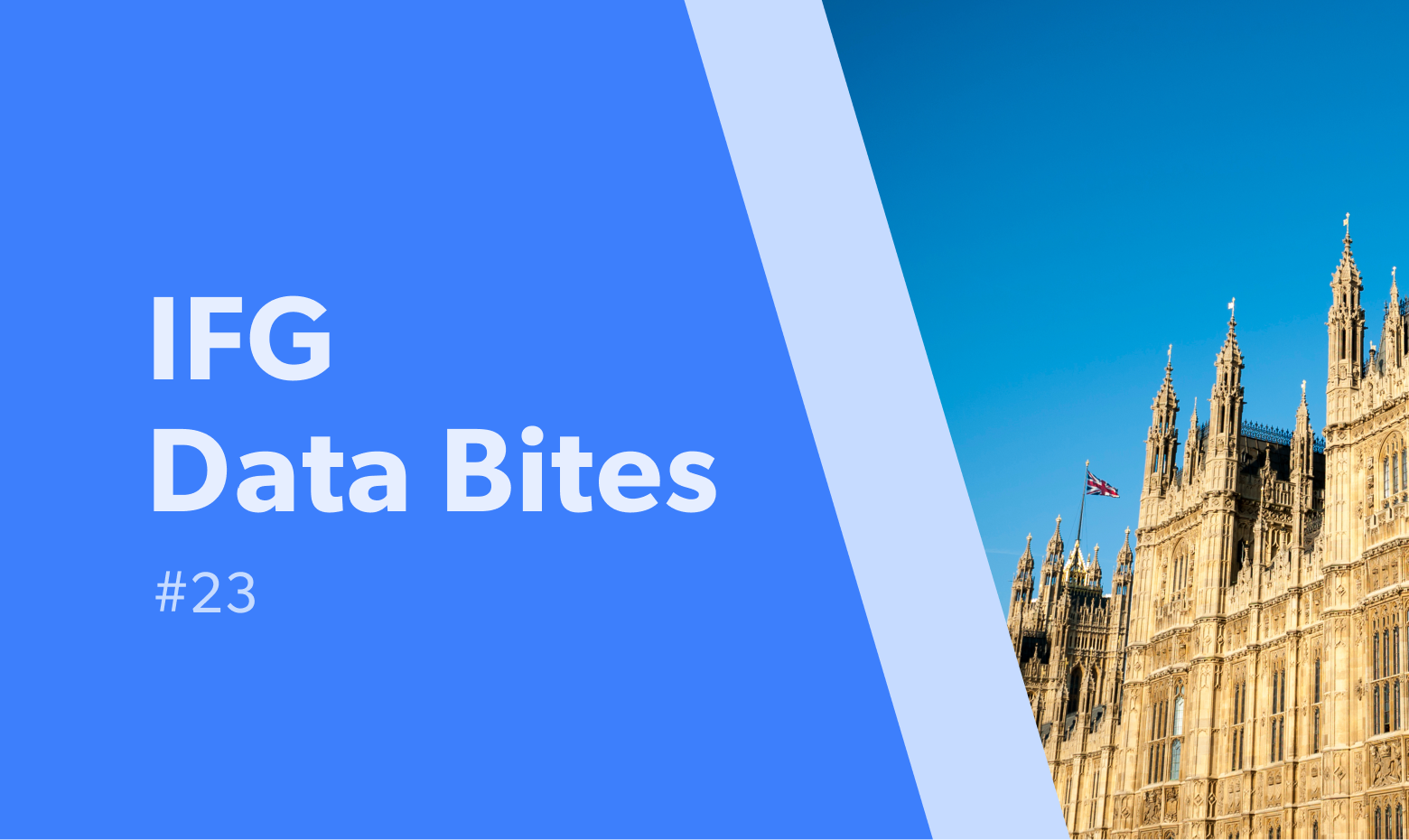With only 8 minutes to present and 8 minutes to answer questions, following the pattern of ’8 bits in a byte’, Or Lechner, Bright Data CEO, joined 3 other organization representatives, and event chair, Gavin Freeguard, associate at the Institute for Government, highlighting how to ’get things done with data in government’.
Or began by talking about the data-driven economy, revealing that 4.66 billion people are using the internet (as of January 2021). That’s close to 60% of the world’s population, with close to 70% of the data generated being public. However, despite being the world’s biggest network, the internet is not transparent. He used the ’highway’ analogy, where instead of every car seeing the same billboard on the motorway, on the internet each user sees a different tailored ad, showing the need for Bright Data’s services to get a clearer look at the internet. Or spoke about how over 30 use cases are in place for public web data currently, including market research & analysis, product development & innovation, public sentiment, and even sports deals data.
Or also addressed some of the misconceptions around data. If you think of the word ’data’ you probably automatically think of personal, private data. However, things like prices of products, videos on YouTube, images on blogs, and news, are all public.
The Bright Initiative’s commitment to Data4Good was also shared, with 150+ organizations now part of the program, fighting global hate crimes, tackling human trafficking, and promoting cross-nation initiatives, with many new projects already in the pipeline.
As an example of non-business data sets and an indication that web data serves multiple requirements, Or referred to ESG (environmental, social, and governance) paving the way for public web data usage to expand to non-business-related needs.
Here’s what Lechner had to say about bots:
’њWhen the need for data massively grows so does the need for the automated tools to support it. Public web data collection alongside customer service are the most popular use cases supported by bots. Bots are an advanced technology tool that are possibly the most misunderstood. They simply automate our actions and make us more efficient.
However, we need to pay attention to their regulation. Bot traffic as with other technology tools used for retrieving data needs to be regulated as the demand for data grows. We need to make sure that there is a working framework that supports it!’ќ
Ending the presentation was a summary of industry best practices:
- Data clearly addresses the most pivotal needs of our time.
- Transparency needs to be at the heart of building any data-driven economy ’“ the public demands it.
- Tools and mechanisms should be built to sift through the “data obesity world we face” and enhance transparency (control over the public’s PII).
- And lastly, all organizations should commit to responsible conduct and driving guidelines to address the different data methods and processes.
The Q&A following centered around regulation and how things like collecting too much data resulting in the website being taken down, not yet being defined. Or warned that regulation is vitally needed in this area and spoke about the work he is doing as part of the UK Government’s National Data Strategy (NDS) Forum, recognising the great work that the UK is doing.
Other Speakers included:
в—Џ Andrew Engeli ’“ UK Health Security Agency ’“ who spoke about data innovation during the pandemic and his focus on wastewater testing for COVID-19
в—Џ Bethan Charnley ’“ Head of National Data Strategy Implementation ’“ who spoke about the UK Government’s commitment to data
в—Џ Patrick Royce ’“ Department for Business, Energy, & Industrial Strategy – who showed the 2050 NetZero calculator
Watch the event here: https://www.instituteforgovernment.org.uk/events/data-bites-23
Or on YouTube at: https://www.youtube.com/watch?v=p6gIvh3Z6r0
